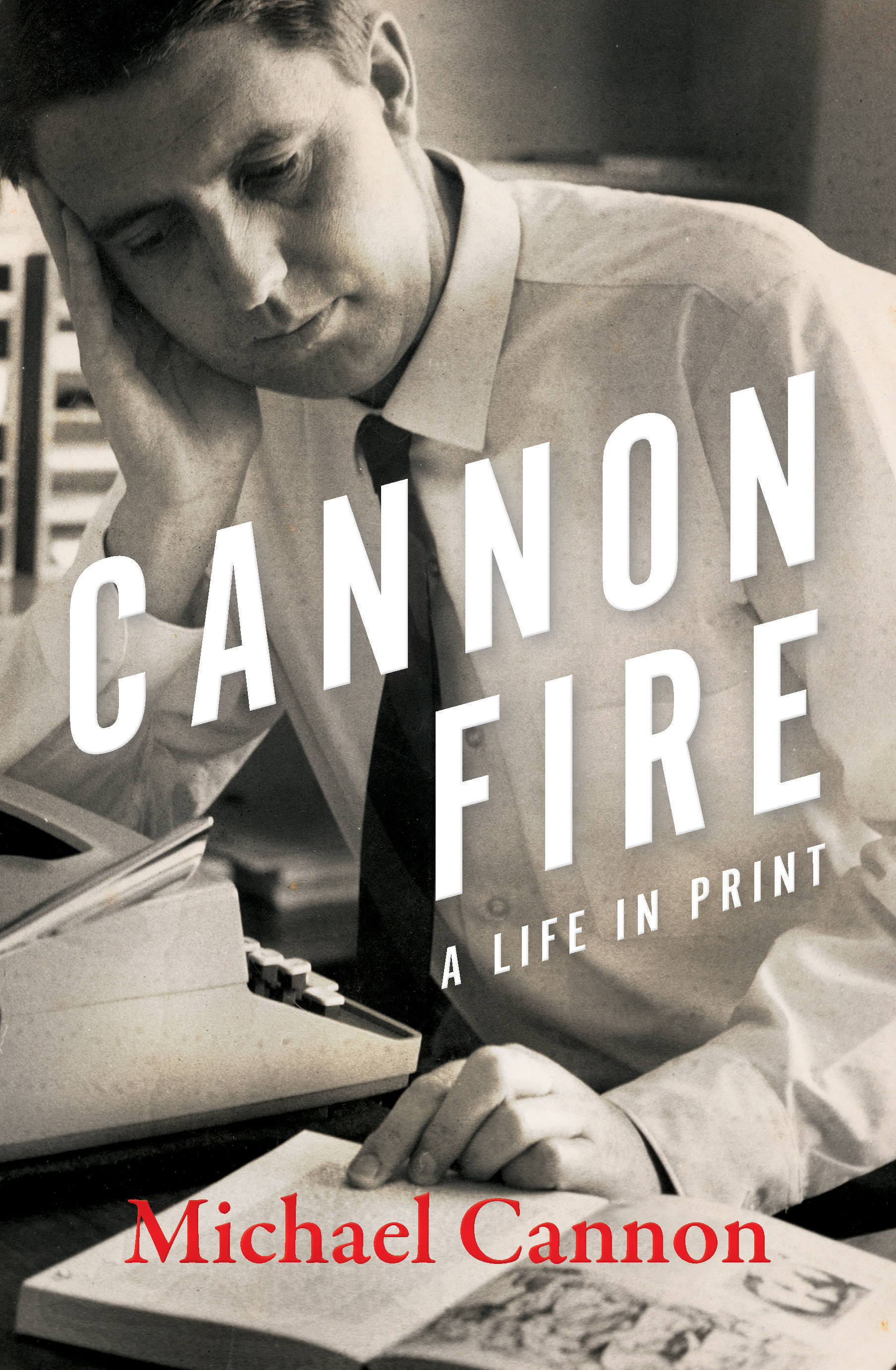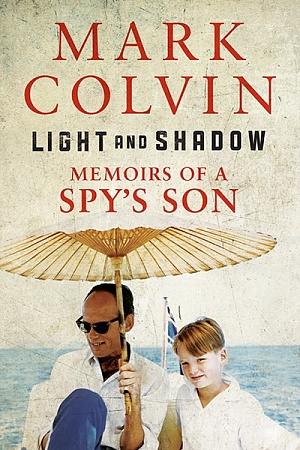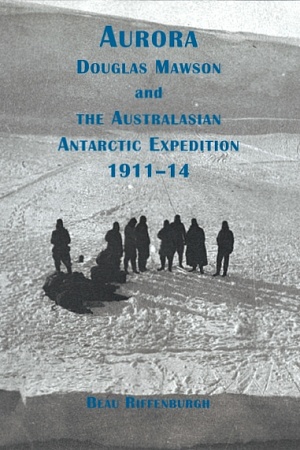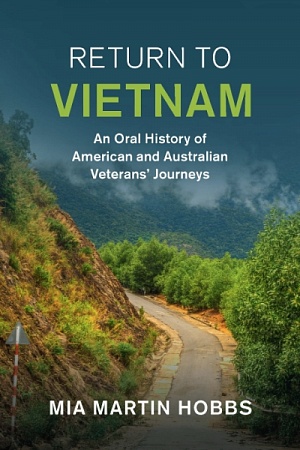Cannon Fire: A life in print
Miegunyah Press, $39.99 pb, 254 pp
Tales of hustling

Journalist, editor, and publisher, Michael Cannon rose to prominence in print during its golden age of boundless advertising dollars, when those ‘rivers of gold’ paid for high salaries, fully staffed beats, and morning and evening newspaper editions. This was not a world of shrinking pages and newsroom cuts, of ‘digital-first’ mantras, click bait and Murdoch domination – not yet. But newspapers were not necessarily more sophisticated places either, which makes Cannon’s memoir as much a rejoinder to the lionising of lost newspaper culture – a challenge to the notion that things were always better back then – as the story of a remarkable career.
Cannon, who passed away at the beginning of 2022 before his memoir was published, began his newspaper career as an amateur muckraker, an intrepid child with an insatiable curiosity whose first job (self-appointed) was to unearth yarns and make trouble in Victoria’s western district. His parents were newspaper proprietors who had bought the small weekly paper, the Cobden Times, for £1,000 – his mother, Jessie Grover, was a trail-blazing journalist and daughter of the famed editor Monty Grover. Cannon inherited his parents’ love of newspapers and typesetting, publishing his own scandalous town rags, including Fly Paper (motto: ‘Our readers stick to it’) and annoying the local children with his determination to corral their leisure times into publishing shifts. Alongside Cannon’s love of print develops an equally strong affinity for the bush. While Cannon does not reference this directly in his reflections on his adult life, it is clear through his proclivity to live on the city fringes and to eschew the suburbs and the inner city; that peace and quiet were as essential to him as the intensity ofa newsroom and the companionship of other journalists. In an uncharacteristically sentimental moment, Cannon recalls periods as a youth when he went off by himself into the bush seized by the ‘desire to be alone, to gaze at the world and try to understand it intuitively’. When his mother tracks him down one day, she asks:
‘Are you all right?’
‘Yes, fine.’
‘Why did you come here?’
‘I wanted to be alone.’
‘Have you got enough to eat?’
‘Yes.’
His mother gets in the car and drives away, leaving Cannon with just his tent and the bush for company. Helicopter parenting, this was not.
Continue reading for only $10 per month. Subscribe and gain full access to Australian Book Review. Already a subscriber? Sign in. If you need assistance, feel free to contact us.















Leave a comment
If you are an ABR subscriber, you will need to sign in to post a comment.
If you have forgotten your sign in details, or if you receive an error message when trying to submit your comment, please email your comment (and the name of the article to which it relates) to ABR Comments. We will review your comment and, subject to approval, we will post it under your name.
Please note that all comments must be approved by ABR and comply with our Terms & Conditions.